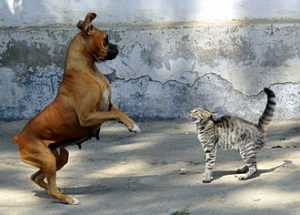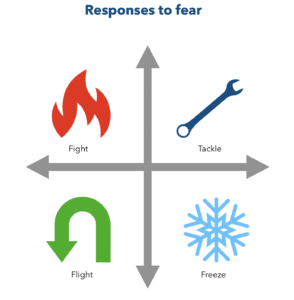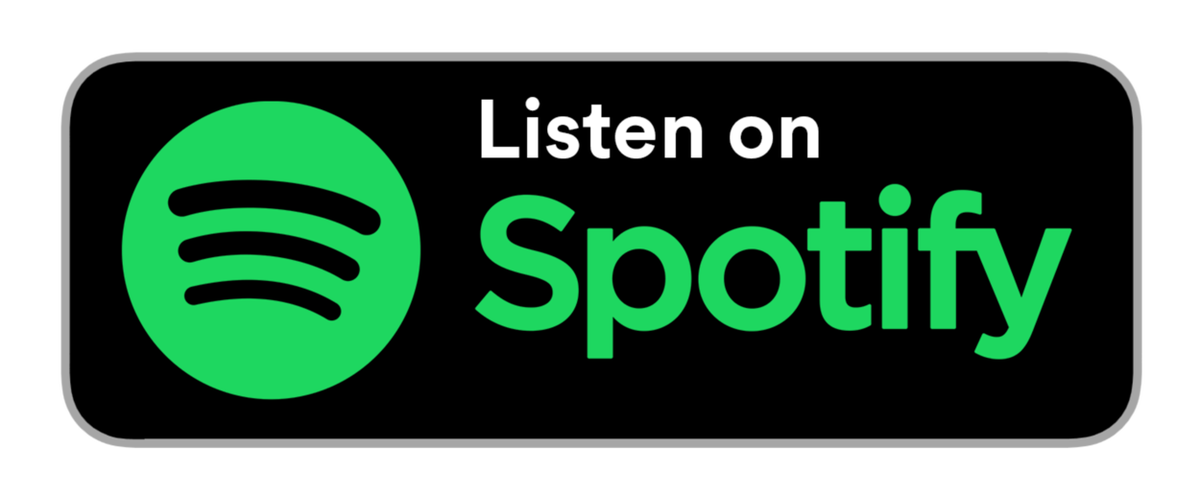Our nervous system works sometimes, but it can sure suck to get stuck in one of these fight/flight response patterns. Let's talk about how this shows up for us during COVID.

Our bodies are NOT built for long-term indefinite threat. It’s just not maintainable and you are probably seeing the effect of that all around you. It’s like we are trying to hold a physically impossible yoga pose in a hot closed room with the clock having frozen. Massive effort to do the right thing, but with recent school closing due to COVID resurgence, there is now no end in sight. Something’s gotta give and when it does, it isn’t gonna be pretty.
This kind of threat causes us to do whatever the thing is that we do when threatened. Worry, drink, fight, cower, giving up…. it's all around us. Indeed death from overdose and domestic violence have both shot way up – two distinct directions our nervous system goes when it responds to stress (fight/flight again).
Go ahead, look closely, you will begin to nervous systems in action everywhere.
There is nothing pathological about any of these behaviors, they all serve a purpose and we dial them up based on our perception of resources.
Our biology gives us only a few options actually –

- To tackle the problem we need our thinking caps turned on. This typically requires social engagement, meaning we can ask for help and turn to others, or simply relate to ourself in a productive compassionate capacity. This is best case scenario, but when dealing with it directly doesn’t work, we proceed down the nervous system's ladder of responses.
- Our next move is to get away if possible (see dog, above). Regarding COVID-stress, this can look like avoiding the news, downplaying the seriousness of the virus, or blindly following untrustworthy leaders and not actually dealing with the gravity of the problem.
- If getting away from danger doesn’t work, then we may get our back up (see cat, above) and fight. This one is much easier to spot – you’ve seen it on social media for sure, whether the perceived threat is big government or a tiny virus, the body is trying to defend itself from perceived danger so we go on the attack. Again if it is an immediate threat that works but when it's so pervasive with no end in sight, this can get wonky. We want to move up to the best plan, #1 – but to do so we have to manage our mad cat-like reflexes. If we don't, we may drop further down the nervous system coping ladder and begin to shut down.
- If we can’t fight our way out of harm's way, we shut down. Whether you call it fawn, freeze, faint, flag (variations on the shutdown strategy, all slightly different) or the plain old 30,000 ft away stare.
A Dozen Ideas to Survive COVID Quarantine:
Now let’s be clear, I don’t know your specific circumstances and am definitely not the boss of you, but in case any of these lands as helpful, then cool. A few thoughts boiled down from real experience.
- Identify your pit crew. In case you throw an emotional rod, it helps to have identified a small collection of folks on the ready to catch you. Specialists in the crew are good so that whatever break down you are having is covered. Because break downs are typically unattractive and come in many forms, we need a motley mix, if at all possible. Look for specialists in any of the following: support, irreverence, hypervigilance, humor, distraction, and especially find somebody that that can provide the perspective of a good “screw it” (in therapy-talk we call that radical acceptance, but I like screw it way better). It’s not how many you have on your personal pit crew, it’s whether or not you have somebody ready and available in a crash.
- Don’t make life-changing decisions without consulting your pit crew. Tensions are super high right now. No houses burned down… take a breath. Run it by your people. It’s a longterm high pressure, our brains are fried. Use your consultants.
- Let your freak flag fly! Make life-changing decisions. Contradiction, I know. But some things we’ve never considered are a great idea now – giving up the office, selling your car, going on that road trip with the family in the van (gulp), letting little Michael have a hamster. NOTE: Pit crew can help discern if a new idea is a #3 moment or a #4 moment.
- Take care of your shadow self. You are being so good and responsible – following CDC recommendations, being vigilant in all matters of hygiene, keeping up with the news, posting your perceived positive social status on social media. However, we can’t keep holding our breath. Burp the Tupperware people, something’s gotta give for you to last in this race. Find a way to be selfish and need things. Believe me, everyone has their COVID policy but then there is the reality of what actually happens. Nobody’s perfect, and if you can find a way to bring your imperfect humanity into this marathon, just perhaps we will land on the other side intact. This is as-yet-unknown. (I resist the caveat of what I “don’t” mean – everybody’s shadow is different. I am just saying we are human animals and cooping us up and requiring perfection is a bad idea.)
- Let yourself be the small spoon. You know, spooning? You don’t always have to be the big spoon, taking care of everyone. We need to find a way to be the little spoon, too, especially during COVID stress. This is sorta related to #4, hopefully.
- Date your people. Even if it’s your kids, your friends, whoever is in your bubble including that spouse driving you crazy. We are lucky to have them. They need us to lead them through this – set up novel activities even if it’s a date in your living room. It matters.
OK for the parents out there, you are a special case. Bless your heart …
- Avoid vampires. Don’t let your teen reverse the clock (sleep all day and stay up too late). Require they get up at some reasonable time – you are putting the roof over their head, expect something in return. It’s better for everybody if they are up and bored than if they are asleep all day. Trust me.
- People work better than pixels, but tell that to the hand. If you are like me and on the blue/dismissing side of that spectrum of attachment, you probably will have to make an active shift from self-regulation to co-regulation. It’s easy to forget that we need people and solace can easily move to isolation/numbness. We DO need, really, we do. Remember this – it’s a handy one and less costly than checking out.
- Prevent brain drain Don’t throw your hands up and give up about screen time. No one WANTS to be staring at pixels all day… even the kid you can’t get off YouTube or their game. It’s not actually fun (well, TikTok maybe)… it’s numbing. Move your body, get face time, expect people to pitch in, and help around the house, and Review #8.
And rounding out to the biggies
- Psychologically, homicide is better than suicide. (Fight is better than freeze.) Active coping is better than passive coping or dissociating. Better to be trying to work it out, physically moving and even fighting for something important than freezing in your fox hole. Fight is better than freeze.
- Create It’s not cliché – anything delivering meaning and purpose works. This can be big – God stuff, or dusting off your journal, sketch pad, ukulele, play-doh – your mind is happy when it is working on something and that is wayyyyy better than the vacuum of quarantine.
- Existential works Attend beyond your self. Volunteerism, social activism, engaging with your faith, and learning are all super healthy for your brain, mind, and relationships. This includes active prayer, mindfulness exercises, and learning to bake sourdough.
Some people like shorter lists, so here ya go. This is the recommended daily activities.
Boiled down to 3 Daily ADL’s during COVID:
- Heart – truly hear or see somebody’s inner life, and allow yourself to be seen by somebody, it is literally oxygen for our souls. Online counts.
- Novelty – change something, anything. Routine is good but automation not so much.
- Body – move it. It’s a free anti-depressant
– Sue Marriott LCSW,CGP
Co-host Therapist Uncensored Podcasts
Sue is a therapist in Austin, Texas, and co-host of a super cool online community of folks interested in fostering secure relationships and healing old wounds. Find more at therapistuncensored.com
Other COVID-resources:
Episode 125: Parenting Under Stress with Dan Siegel and Tina Payne-Bryson (using attachment research to manage while quarantined)
https://therapistuncensored.com/episodes/tu125-parenting-under-stress-dan-siegel-tina-payne-bryson/
Episode 121: Relationships Redefined During COVID with Stan Tatkin, founder of PACT.
Episode 118 Mental Health Support During the Pandemic





